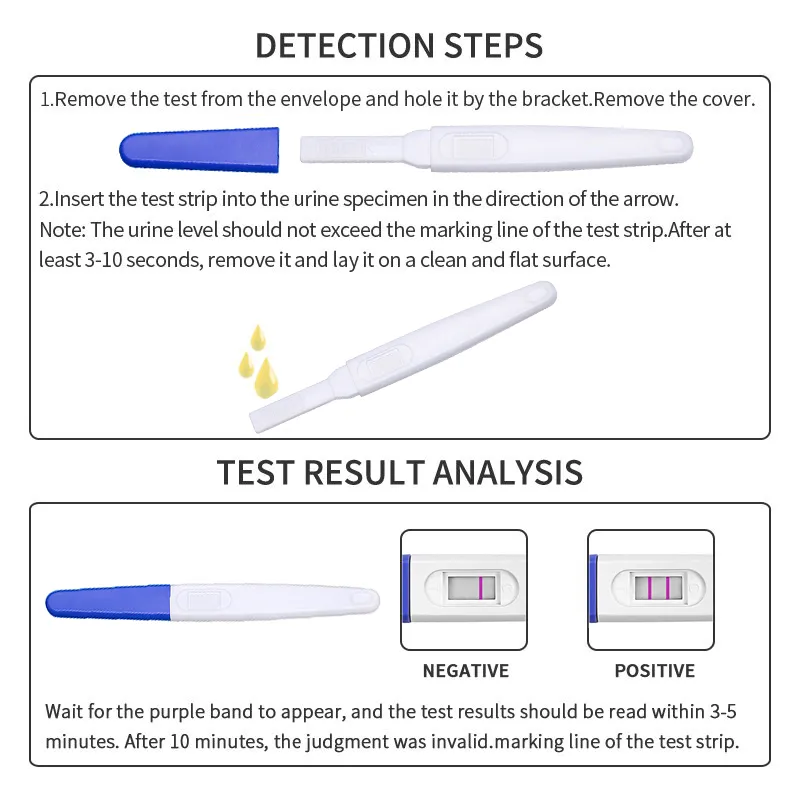Oct . 13, 2024 09:39 Back to list
Find Trusted Manufacturers for Fast Hepatitis C Testing Solutions Online
Understanding the Market for Rapid Hepatitis C Test Manufacturers
Hepatitis C is a viral infection that primarily affects the liver, leading to severe health problems, including liver failure and cancer. With an estimated 71 million people worldwide living with chronic hepatitis C infection, the need for effective testing and diagnosis has never been more critical. Rapid hepatitis C tests have become an essential tool in identifying infections quickly, enabling timely treatment and management. As the demand for these tests increases, the market for manufacturers producing rapid hepatitis C tests is also expanding significantly.
The Importance of Rapid Testing
The traditional methods of testing for hepatitis C, which often involved serological and polymerase chain reaction (PCR) tests, can take days to weeks to produce results. In contrast, rapid tests can provide results within 20 minutes to a few hours. This immediacy is crucial in healthcare settings, particularly in areas where healthcare access is limited. Rapid tests facilitate immediate decision-making regarding the treatment and management of patients, thus playing a vital role in public health strategies aimed at controlling hepatitis C transmission.
Moreover, rapid hepatitis C tests are typically easy to use and require minimal training. They can be conducted in various settings, including clinics, hospitals, and community health programs, making them particularly suitable for high-prevalence areas and populations at risk. This adaptability is driving growth among manufacturers specializing in rapid hepatitis C test production.
Key Manufacturers in the Market
The market for rapid hepatitis C tests includes a variety of manufacturers. These companies range from small biotech firms to large established players in the medical diagnostics field. Some of the prominent manufacturers include
1. Abbott Laboratories Known for its innovative medical devices and diagnostics, Abbott offers rapid tests that are widely used in various healthcare settings. Their tests are recognized for their reliability and accuracy.
2. Roche Diagnostics A leader in the healthcare industry, Roche has developed advanced testing solutions for hepatitis C. Their rapid tests are part of a broader portfolio aimed at improving patient outcomes.
buy rapid hepatitis c test manufacturers

4. Cepheid Known for its proprietary GeneXpert technology, Cepheid provides rapid molecular tests that deliver accurate results in very short timeframes. Their tests are ideal for both laboratories and point-of-care settings.
5. Hologic Another significant player, Hologic specializes in women's health but has also expanded its diagnostics solutions, including rapid tests for hepatitis C.
Innovations and Technological Advancements
Recent advancements in technology have greatly influenced the manufacturing and effectiveness of rapid hepatitis C tests. Continuous research and development efforts have led to the creation of tests with improved sensitivity and specificity, reducing the chances of false-positive and false-negative results. Manufacturers are also exploring the integration of mobile technology to enhance testing outreach and result communication.
Moreover, the rise of point-of-care testing—where tests are conducted and results interpreted on-site—has transformed how hepatitis C is diagnosed and managed. This model not only saves time but also reduces the burden on healthcare systems, allowing for more patients to be tested and treated promptly.
Regulatory Considerations and Challenges
While the market for rapid hepatitis C tests is thriving, manufacturers face several challenges, including regulatory hurdles. Each country has specific guidelines regarding the approval and distribution of medical diagnostics. Navigating these regulations can be complex and time-consuming, often requiring substantial investment in clinical trial data and compliance documentation.
Additionally, cost-effective manufacturing is crucial for widespread adoption, particularly in low-to-middle-income countries where hepatitis C prevalence is high. Manufacturers must balance quality and affordability to ensure that their tests reach the populations that need them most.
Conclusion
As the global health community strives to combat the hepatitis C epidemic, rapid hepatitis C tests are emerging as a critical component in the diagnostic landscape. Manufacturers are key players in this effort, providing the necessary tools to facilitate quick and accurate detection. The ongoing advancements in technology, coupled with a growing awareness of the importance of early diagnosis and treatment, suggest a promising future for the rapid hepatitis C test market. Continued innovation, coupled with strategic collaborations and adherence to regulatory standards, will be essential in supporting the global fight against hepatitis C.
-
Rapid Canine Corona Test: Fast & Accurate Results
NewsAug.06,2025
-
Rapid BZO Test Kit - Fast & Accurate Benzodiazepines Detection
NewsAug.04,2025
-
China Nylon Flocking Swabs - AI Enhanced Quality Collectors
NewsAug.03,2025
-
Highly Accurate hCG Pregnancy Test Strips - 5 Min Results
NewsAug.02,2025
-
Premium Empty ABS Plastic Cassettes: Durable & Lightweight Storage
NewsAug.01,2025
-
Accurate Cocaine (Coc) Rapid Test Kit | Fast & Reliable Detection
NewsJul.31,2025

